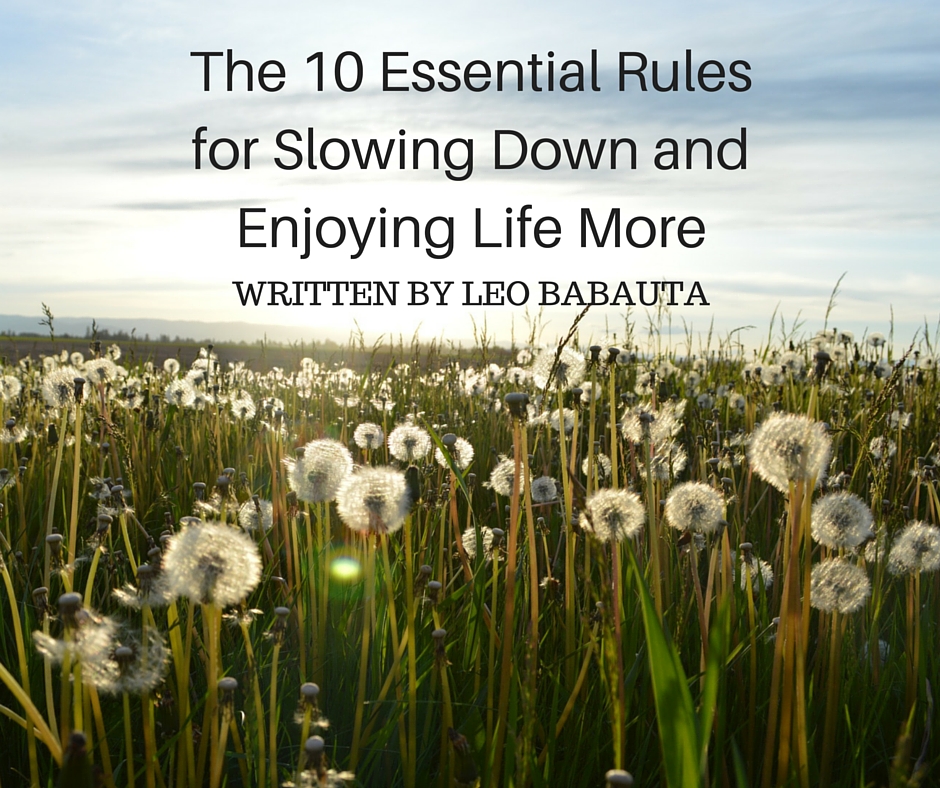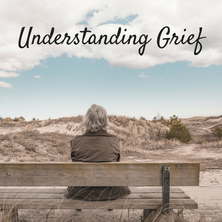
I have seen this issue on more than one occasion. A persons intent to leave a charitable bequest is thwarted by poor planning, ambiguous documents and family members that feel they are not receiving their fair share of the estate.
How can you assure your estate is distributed as you intended?
- Engage the assistance of an experienced Estate Planning attorney to prepare your Trust &/or Will.
- Be specific regarding the non-profits you name as beneficiaries. Include the name, tax ID, address and phone number for each charity.
- Have your documents notarized, and do not rely on handwritten documents to fulfill your charitable intent.
These steps will help assure your gifts to charity are realized and not held up by costly litigation that accumulates legal fees which diminish the value of the gift.
916-225-3570 [email protected] http://www.cjwatterslaw.com







 RSS Feed
RSS Feed